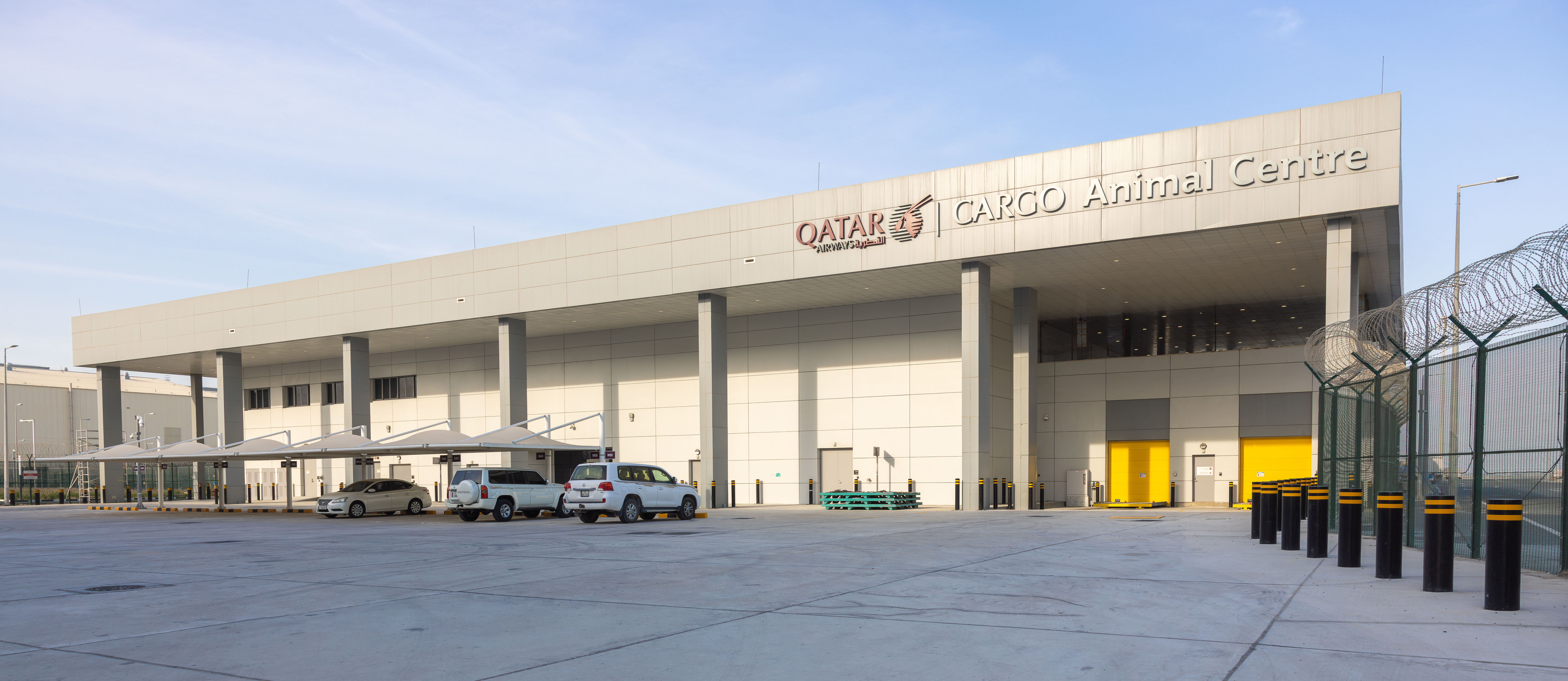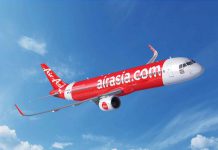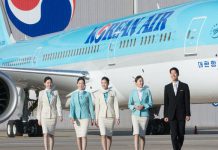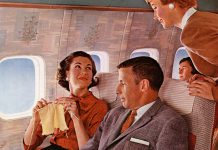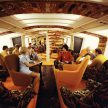
Qantas has defied the global trend to lower airline profitability by unveiling a record underlying annual profit of $A1.6 billion as it boosted pre-tax statutory profit by 18 percent to $1.4 billion.
The airline said the striking result was helped by healthy demand levels across key markets, higher revenue and a particularly strong performance by the Qantas and Jetstar domestic flying businesses.
Net profit was $980 million, up from $853 million last year.
All business units returned a profit with the domestic units delivering a 25 percent increase in underlying profit to $A1.1 billion.
The airline said the strong domestic result was achieved by a combination of Qantas and Jetstar’s network, schedule and product strengths in key markets.
Qantas domestic saw a 19 percent rise in earnings from a 6 percent increase in revenue.
Margin growth was helped through efficiency gains and investing for a higher premium with products such as new lounges and inflight WiFi.
The airline said the group maintained its share of the corporate and increased its share of small to medium enterprises.
Demand was also boosted by passenger flows from international partner airlines and leisure demand remained strong.
Qantas International delivered a 7 percent earnings increase to $A399m as it boosted the number of seats filled despite a 4 percent rise in capacity.
The international operation, once the airline’s problem child, benefitted from the introduction of fuel-efficient Boeing 787s and Qantas expects this to accelerate in 2018-19
Jetstar International posted a strong profit despite the $A11 million impact from the Bali ash cloud and the start-up of new routes.
The airline’s powerhouse loyalty program also posted another record profit of $A372m, although growth was subdued at relatively flat 1 percent.
“These numbers show a company that’s delivering across the board,’’ chief executive Alan Joyce said in the results announcement.
“Our investment(s) in free Wi-Fi and cabin improvements are delivering a better experience for customers as well as higher earnings for Qantas and Jetstar.
“The overall value for the traveling public remains extremely strong, with domestic sale fares almost 40 percent lower in real terms than they were 15 years ago.
“We’re seeing healthy demand across key sectors matched with improving levels of capacity discipline, which is a positive sign for the year ahead.’’
Joyce said the record result came despite higher oil prices and the airline was facing another increase to its fuel bill in fiscal 2019.
However, he was confident it would substantially recover this through a range of capacity, revenue and cost efficiency measures as well as through its hedging program.
The airline also confirmed it would open its Pilot Academy across two locations in regional Australia but did not reveal which of the nine shortlisted cities would get the prize.
The nine cities are Alice Springs, Bendigo, Busselton, Dubbo, Launceston, Mackay, Tamworth, Toowoomba and Wagga Wagga.
The airline plans to train up to 100 pilots a year but expects this to grow to as many as 500 annually once it has more than one location.
Also in train are upgrades to six lounges in Sydney, Auckland, Tokyo, Brisbane, Hobart and Tamworth.
The multi-million investment will see the airline’s flagship International first class lounge in Sydney revamped and expanded by 15 percent, while its lounge in Brisbane will be boosted to cater for an additional 100 guests.
In Auckland, the first and business lounges will be redesigned into a single facility similar to those in London and Hong Kong.
“Over the past few years, we’ve been steadily renewing lounges right across our network. This next wave of improvements that we’re announcing today will improve our customers’ overall travel experience,” Joyce said.
“We know the lounge experience is a key part of people’s journey and it’s also how we reward our most frequent flyers. As the demand for premium travel increases, we’re responding with more space in our lounges, more dining options and designs that reflect the destination.”
The big financial result means 27,000 non-executive staff will receive a bonus of $A2500 and shareholders receive a fully-franked dividend of 11 cents and there is a share buyback of $A332 million.


